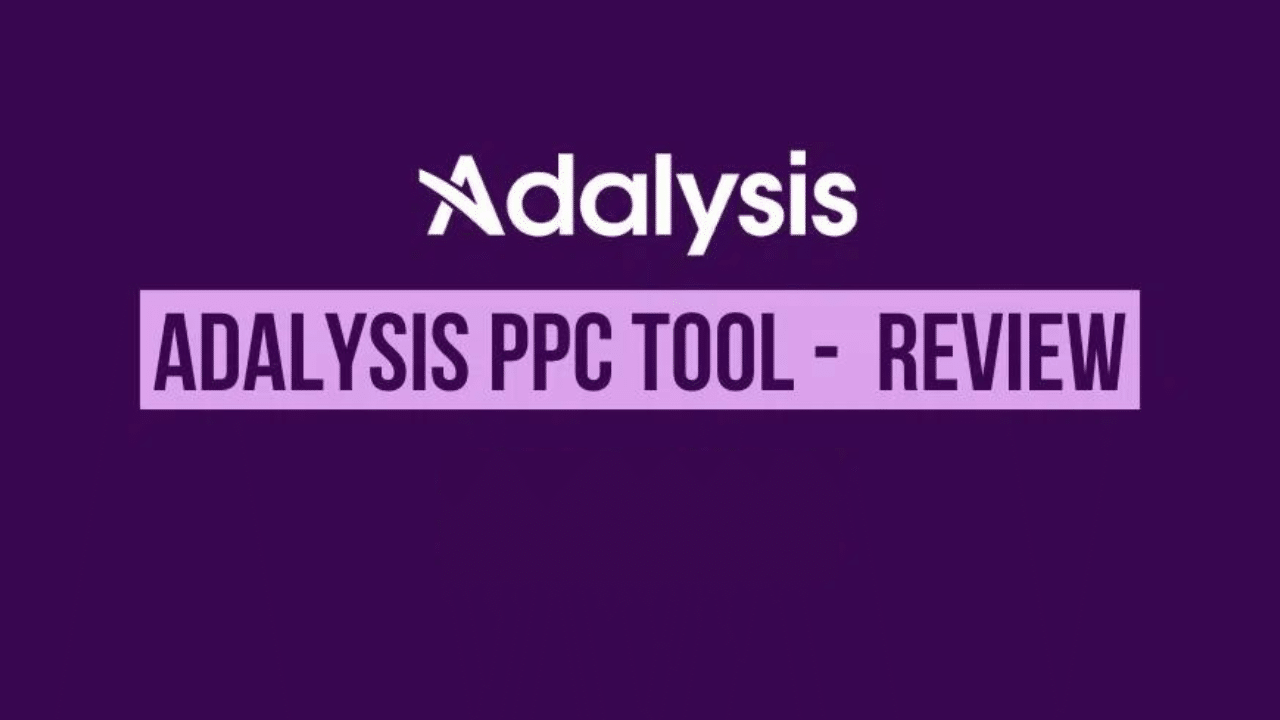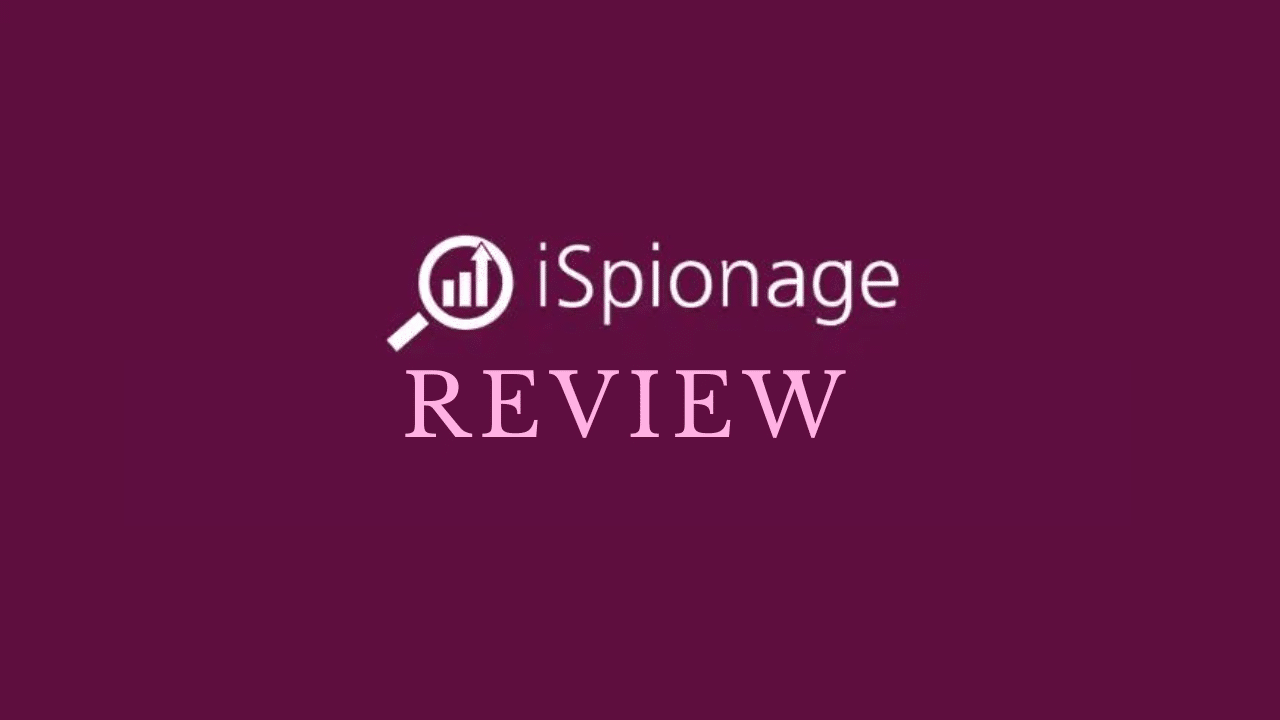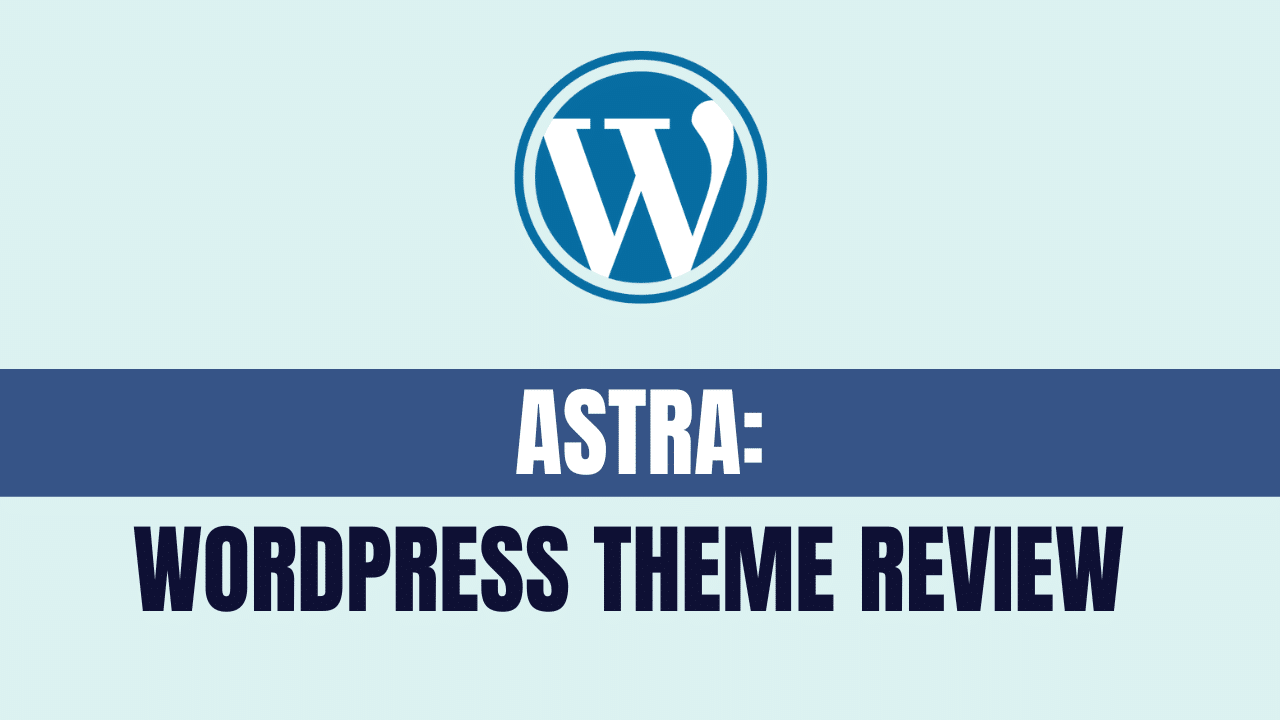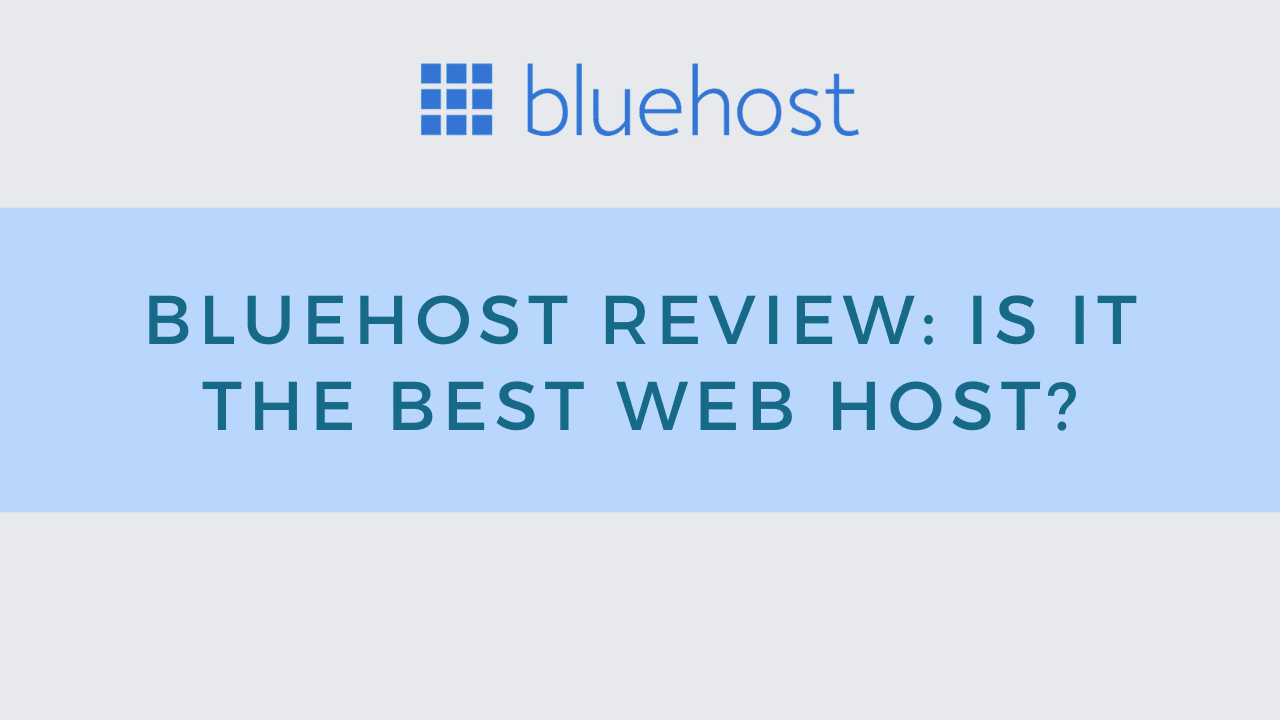In this blog post, we’ll look at what makes Adalysis an excellent option for digital marketers who want to take their campaigns to the next level. We’ll discuss its features, pricing plans, and customer reviews so that you can decide if it’s right for you.
What is Adalysis?
Adalysis is an innovative and powerful PPC tool that helps advertisers and marketers optimize their pay-per-click campaigns for optimal performance. Designed to streamline the complex and often tedious tasks associated with PPC management, Adalysis offers advanced features and tools to help businesses of all sizes succeed tremendously with their online advertising efforts.
Quick Benefits
- At its core, Adalysis is a versatile software solution that makes it easy to manage and optimize your PPC campaigns across multiple platforms, including Google Ads, Bing Ads, and Facebook Ads.
- Whether you’re focused on generating leads, driving sales, or building brand awareness, Adalysis offers a range of features that can help you achieve your goals more efficiently and effectively.
- Some critical features of Adalysis include keyword and winning ad test optimization, competitor analysis, performance monitoring and reporting, A/B testing, and landing page optimization.
Adalysis Features
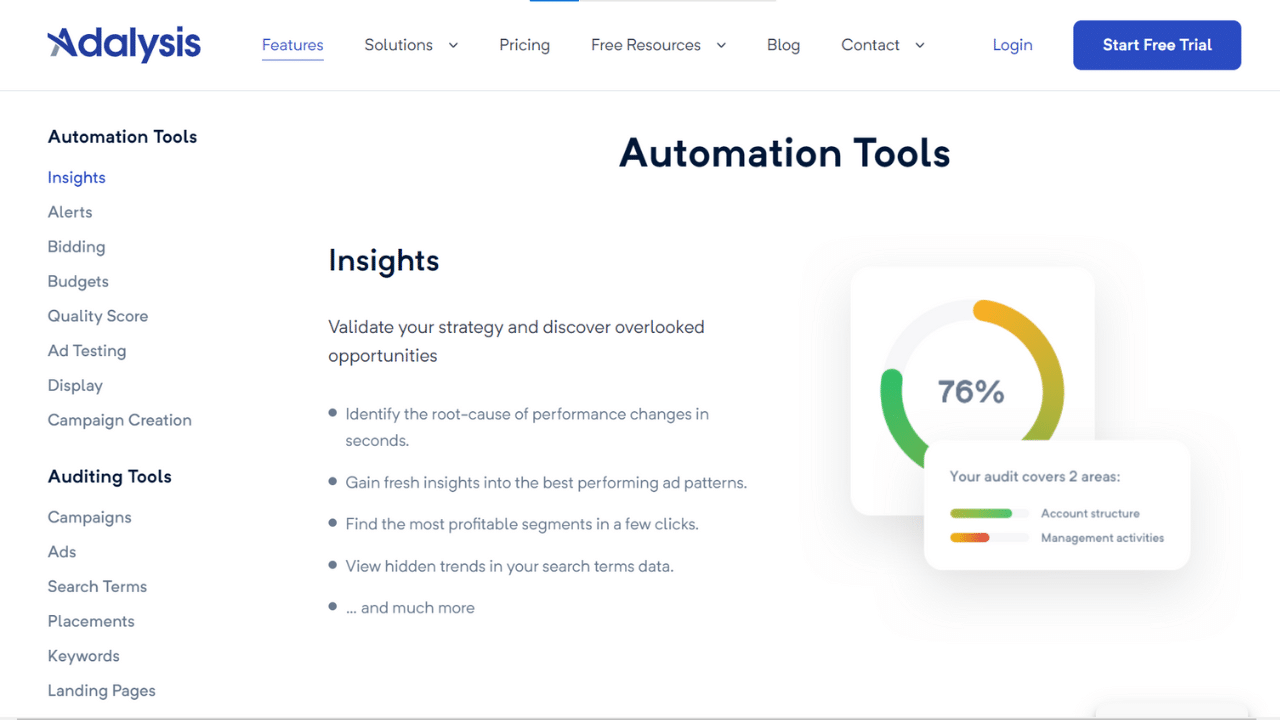
1. Keyword and Ad Optimization
Adalysis uses advanced algorithms to analyze your PPC campaigns and identify which keywords and ads perform best. It then provides actionable recommendations on optimizing these elements for better results. This Adwords checker makes it easy to fine-tune your Google Adwords campaign and improve your click-through, conversion, and overall performance.
2. Competitor Analysis
Adalysis allows you to monitor Adwords competitors and gain insights into their strategies. You can see which keywords they’re targeting, the ad copy they’re using, and how their campaigns are performing. With this information, you can adjust your campaigns to stay ahead of the competition.
3. Performance Monitoring and Reporting
With Adalysis, you can easily track the performance of your PPC campaigns over time. It provides detailed reports on key metrics like click-through, conversion, quality score, cost-per-click, and more. You can use these reports to identify trends, track progress, and make data-driven decisions to optimize your campaigns.
4. A/B Testing
Adalysis allows you to run A/B tests on your ads and landing pages to see which variations perform best. You can test different headlines, images, call-to-actions, and more and use the results to optimize your campaigns for maximum impact.
5. Landing Page Optimization
Adalysis offers a powerful landing page tool that helps you create and optimize landing pages that convert. You can use its drag-and-drop builder to create landing pages or import your designs quickly. The tool also includes advanced features like A/B testing, heat maps, and conversion tracking to help you optimize your landing pages for maximum performance.
Pros and Cons of Using Adalysis
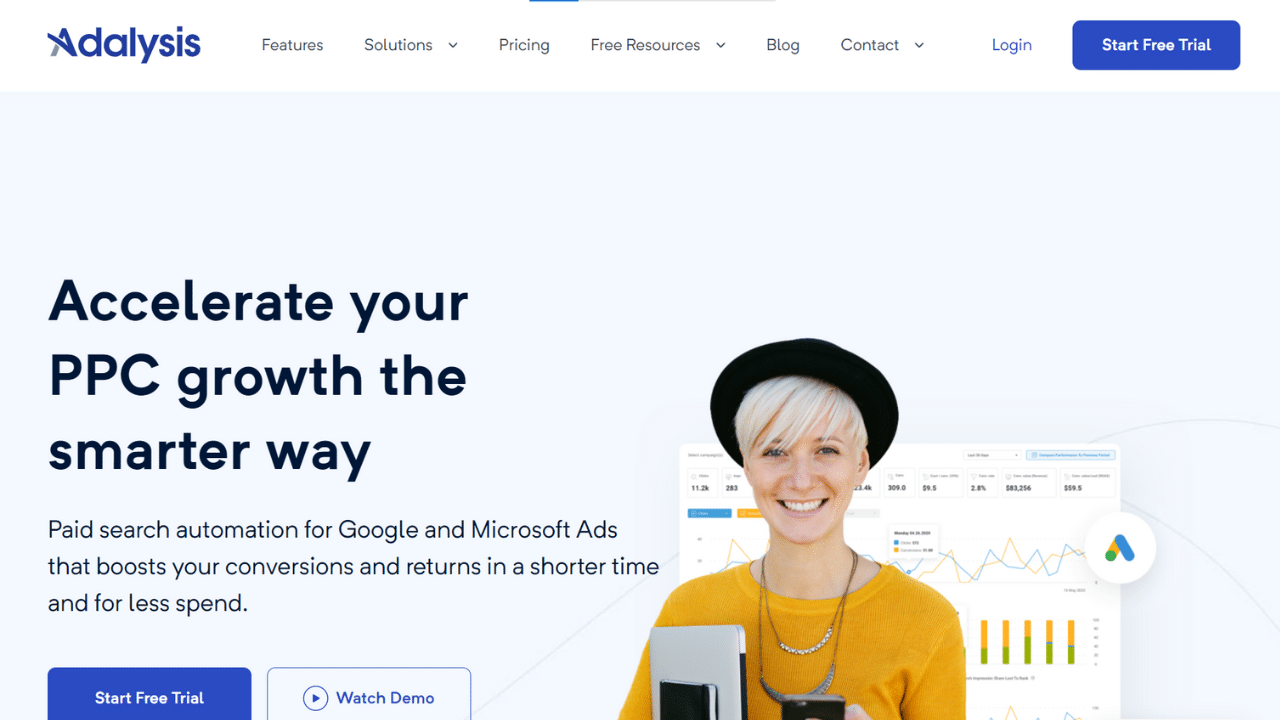
Pros
1. Saves time and boosts productivity
Adalysis automates many time-consuming and tedious tasks involved in PPC management, such as keyword analysis and ad optimization. This can save businesses significant amounts of time and increase their overall productivity.
2. Improves campaign performance
Adalysis provides robust optimization and testing tools to help businesses achieve better results with their PPC campaigns. By identifying the best-performing keywords, ads, and landing pages, companies can improve their click-through rates and cost per conversion and achieve a higher return on investment (ROI).
3. Simplifies cross-platform management
Adalysis allows businesses to manage their PPC campaigns across multiple platforms, including Google Ads, Bing Ads, and Facebook Ads, from one place. This makes monitoring and optimizing campaigns across different channels and platforms easy.
4. Provides detailed reporting and analysis
Adalysis provides detailed reports on campaign performance, allowing businesses to track their progress and identify areas for improvement. It also includes advanced analysis tools, such as competitor analysis, that provide companies with valuable insights into their industry and competition.
Cons
1. Limited integrations
While Adalysis integrates with popular ad platforms like Google Ads and Bing Ads, it offers fewer integrations than other PPC management tools.
2. Steep learning curve
Adalysis is a complex tool with a wide range of features and capabilities. While these features can be powerful, they can also overwhelm new users. It may take some time for businesses to understand and take advantage of all Adalysis offers fully.
3. Relies on accurate data input
Adalysis relies on accurate and complete data input to function correctly. The tool may only provide reliable insights or recommendations if data is present or correct.
Adalysis Pricing
Adalysis offers a Basic Plan for $99 per month for small businesses or those just starting with PPC advertising. This plan includes support for up to 5k keywords and 20 campaigns and the ability to track conversions and run A/B tests.
For larger businesses with more extensive PPC needs, Adalysis offers its Pro Plan for $349 monthly. This plan includes support for up to 50k keywords and 200 campaigns and advanced features like landing page optimization and competitor analysis.
For enterprise-level businesses with all your PPC account needs, Adalysis offers customized plans tailored to meet specific requirements. Pricing for these plans varies depending on the features and support required.
One of the standout features of Adalysis’ pricing model is its transparent and flexible approach. Businesses can easily upgrade or downgrade their plans as their needs change without worrying about long-term commitments or hidden fees.
List of Adalysis Alternatives
1. WordStream
With a user-friendly interface and powerful automation tools, WordStream is a popular choice for businesses looking to manage their PPC campaigns easily. The platform provides a range of features, including ad copy test creation, keyword research, competitor analysis, detailed reporting, and analytics.
2. Kenshoo
Kenshoo is an enterprise-grade platform for businesses with large and complex PPC campaigns. The tool provides advanced features such as bid optimization, cross-channel tracking, predictive analytics, and integrations with a wide range of ad platforms.
3. Optmyzr
Optmyzr is a cloud-based platform that provides various automated tools for PPC campaign management, including ad testing, bid management, and reporting. The platform is designed to save businesses time and improve their campaign account performance, with a particular focus on Google Ads.
4. Acquisio
Acquisio is a comprehensive platform that provides a range of features, including campaign management, reporting, optimization tools, and integrations with popular ad platforms such as Google, Bing, and Facebook. The platform is designed to help businesses of all sizes achieve better results with their PPC campaigns.
5. SEMrush
While SEMrush is primarily known for its SEO capabilities, the platform also provides a range of tools for PPC campaign management. These include features such as ad creation, keyword research, competitor analysis, and integrations with popular ad platforms.
List of PPC Tools That I Can Use To Boost Campaigns
- WordStream
- Kenshoo
- Optmyzr
- Acquisio
- SEMrush
- AdRoll
- Bing Ads
- Google Ads
- SpyFu PPC Research Tool
- Facebook Advertising
What Are the Differences Between a Review and An Ad?
Source of Messages
An advertisement is created and controlled by the brand, while a review is created and controlled by the reviewer. Advertisements aim to persuade the audience to buy the product or service, while a review aims to inform the audience about the product or service.
Tone of Voice
Advertisements are often written in an upbeat, persuasive tone and use flashy visuals and graphics to capture the audience’s attention. On the other hand, reviews are written in a neutral or factual tone and often provide details such as the pros and cons of the product, its features, and its performance.
Message Credibility
Advertisements are often viewed with skepticism as the brand creates them to promote their product or service. On the other hand, reviews are considered more credible as neutral or unbiased individuals make them with no financial incentive to promote a particular product or service.
How Do I Submit An Ad for Review?
Step #1: Create an Account
The first step in submitting an ad for review is to create an account with the platform where you want to advertise. Most venues provide a simple process for creating an account.
Step #2: Make an Ad
Once you have created an account, you can create your ad using the platform’s ad creation tools, keeping in mind the platform’s advertising policies.
Step #3: Submit Your Ad
After creating your ad, the next step is to submit it for review. Most platforms have a “Submit for Review” button that you can click to send your ad for review.
Step #4: Get it Reviewed
Once submitted, your ad will go through a review process, which can take a few hours to several days, depending on the platform and the volume of ads being reviewed.
Step #5: Follow All Policies
These policies typically cover various areas, such as ad test content, formatting, targeting, and landing page requirements. Your ad should comply with all policies applicable to the platform and the specific type of ad group you are creating. For instance, some platforms may prohibit particular images, while others may require specific disclosures or disclaimers.
What’s More?
Reviewing your ad to ensure that it is accurate, truthful, and not misleading is crucial. Multiple ad groups should also be relevant to your target audience and provide value to them. Giving context and specific details about your product or service can help convince the platform’s reviewers that your ad is helpful but also informative and engaging.
Frequently Asked Questions
What is an ad review?
Ad review is the process of reviewing an advertisement before it’s published to ensure that it complies with legal and industry regulations and the platform’s advertising policies. Ads are checked for accuracy, truthfulness, relevancy, and overall quality during the review process. Ad groups and reviewers also check to ensure that advertisements are not misleading or deceptive.
How long does a Google ad take to review?
Google Ads can take up to 3 business days to review. However, depending on the volume of ads being reviewed and other factors, it may take longer. It’s essential to remember that ads must comply with their advertising policies and all applicable laws or regulations before being approved for publication.
What is the benefit of ads?
Ads’ primary benefit is reaching a larger audience and increasing brand awareness. Ads can create interest and engagement around a product or service and drive website traffic. Advertising also helps target specific audiences, build customer loyalty, and generate sales leads that can be converted into customers.
Wrapping Up
In conclusion, ad review is a crucial step in the advertising process that ensures advertisements comply with legal and industry regulations and platform-specific advertising policies. Advertisements must be accurate, truthful, relevant, not misleading, and high quality to be approved for publication.

